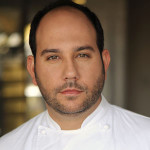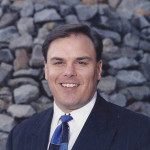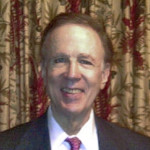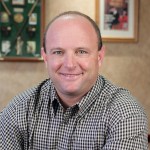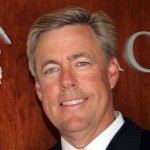
Michael Courouleau
Q: What’s a quick breakdown of the hazards that can be found following a hurricane?
Michael Courouleau: There will be chemical, physical, ergonomic and biological hazards to deal with.
Q: Where should cleanup efforts start?
Michael Courouleau: The first job will be a thorough assessment of each one of these hazards; a checklist should be part of preparedness for these situations.
Q: Can neighbors help?
Michael Courouleau: Yes, post-hurricane, all neighbors will need to pull together, and neighbors can supply each other with useful information about each other’s facilities and damage.
Q: How important is communication?
Michael Courouleau: Communication is crucial for any job.
Q: Are there guidelines that teams can use?
Michael Courouleau: Yes. In these situations, there are publications from ACGIH, NIOSH and North American Emergency Response Guidebook that are indispensable for researching hazards. This information should be communicated to all hazmat teams, emergency responders, fire brigades and other cleanup and recovery crews.
Q: What types of information will they need to know?
Michael Courouleau: Things like the number and location of hazardous material tanks, locations of toxic or flammable materials, locations of electrical boxes.
Q: This sounds like information that should be recorded beforehand.
Michael Courouleau: Yes, all this information should be part of any preparedness plan.
Q:What about ergonomic hazards?
Michael Courouleau: Too often, team leaders push their people too hard and get in too big a hurry. Things like strained muscles, back injuries and heat exhaustion are very common.
Q: What can be done to prevent these situations?
Michael Courouleau: Crews should be very mindful of hydration and proper lifting. Also, all cleanup crews should have proper protective gear and be up on their tetanus and Hep A shots.
Q: What kinds of resources can be used in evaluating a cleanup?
Michael Courouleau: There should be oxygen meters and LEL meters onsite, along with Drager tubes to pick up on any chemicals and toxins.
Q: What should the methodology be?
Michael Courouleau: Monitoring should start upwind and make its way downwind; also, biological monitoring should take in particulate matter.
Q: What additional safety measures should be kept in mind?
Michael Courouleau: The buddy system should be used on all these tasks, and teams should be in full communication with each other via radio.
Q: What can teams do to document their findings?
Michael Courouleau: Any suspected spills or breaches should be measured for severity, and their locations, size and magnitude should be recorded or mapped.
Industrial and environmental safety expert Michael Courouleau has seen the aftermath of plenty of floods and hurricanes. In fact, hurricanes are a near-constant threat in Metairie, Louisiana, hometown of Michael Courouleau.

